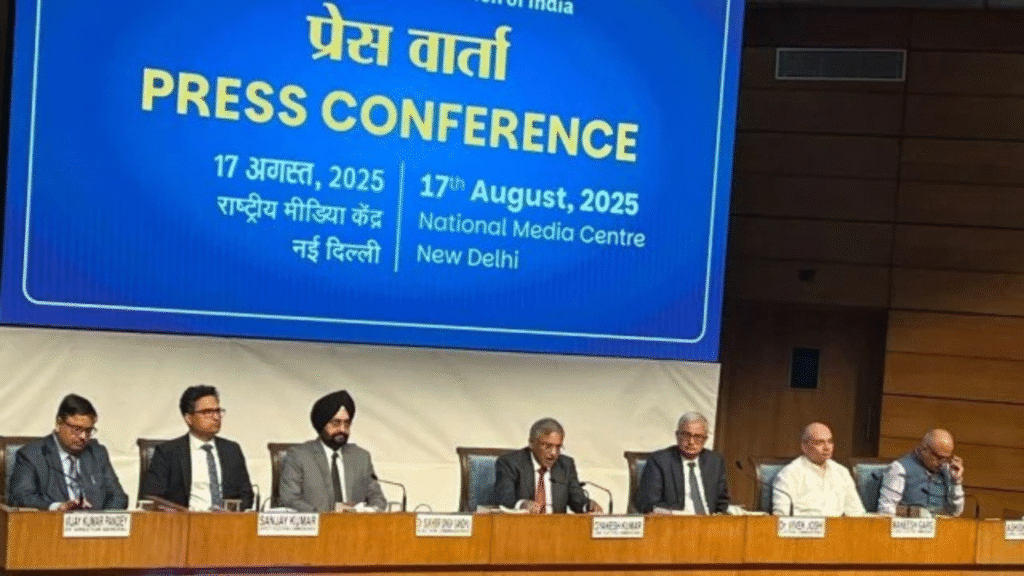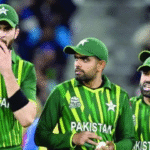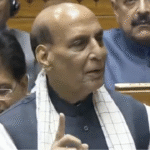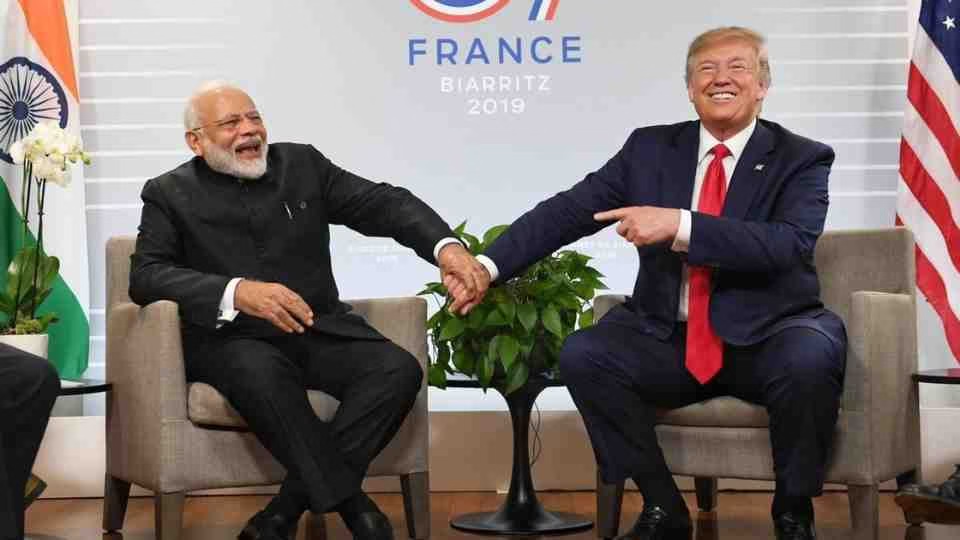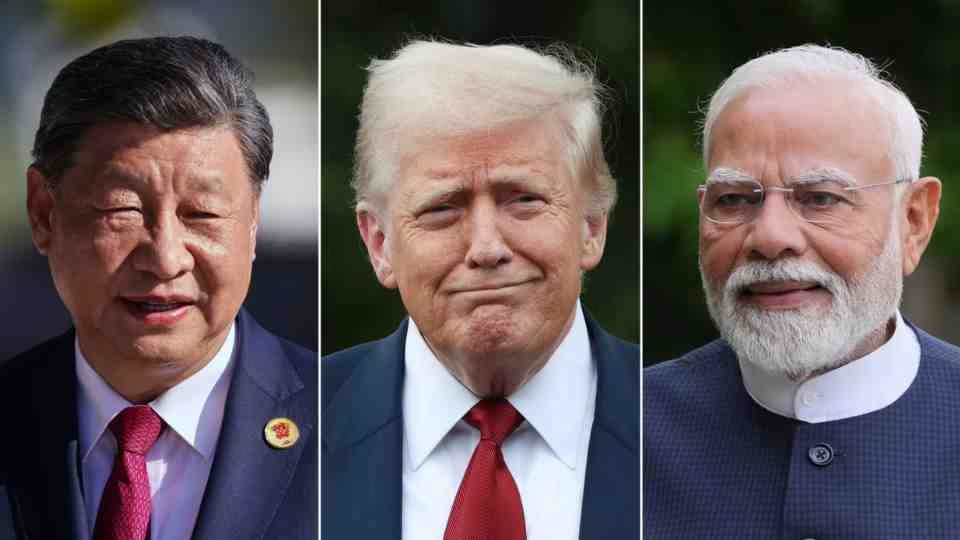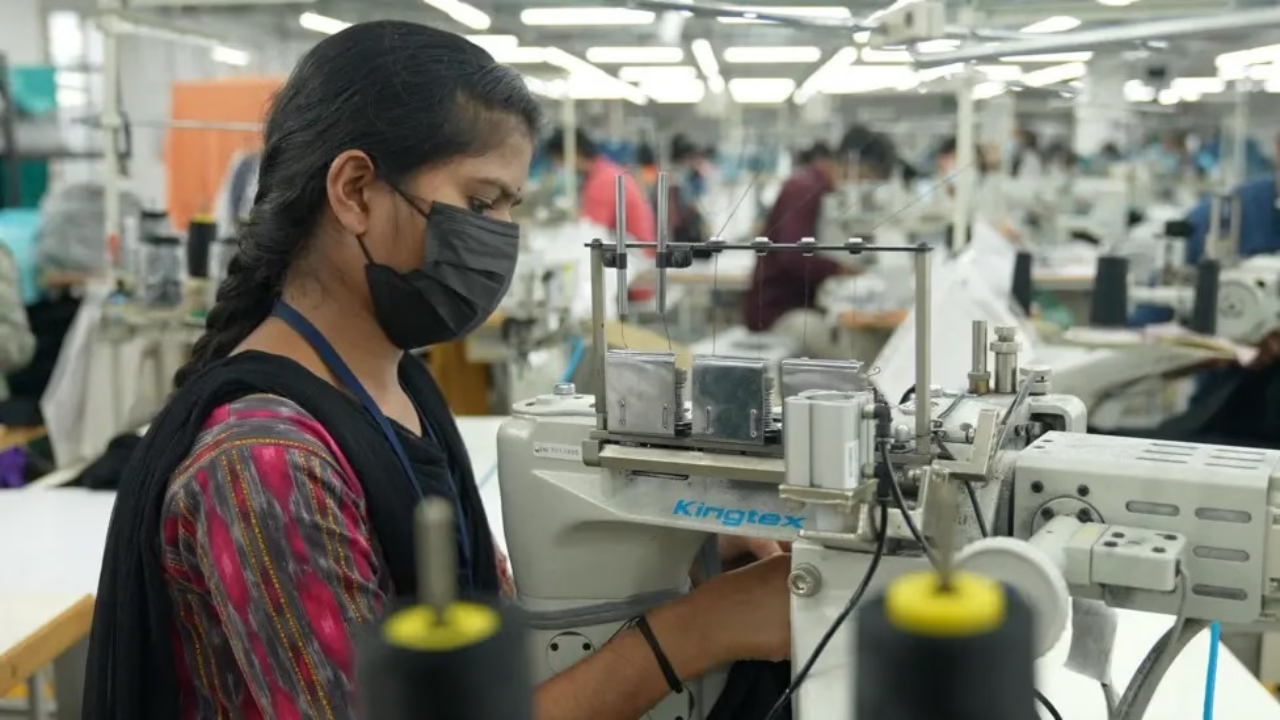The Election Commission of India has issued an ultimatum to Congress leader Rahul Gandhi, demanding he either provide concrete evidence for his allegations of systematic voter fraud or withdraw his claims entirely, giving him a one-week deadline to respond.
CEC’s Direct Challenge
Chief Election Commissioner Gyanesh Kumar delivered a forceful rebuke during a Sunday press conference in New Delhi, categorically dismissing Gandhi’s “vote chori” (vote theft) allegations as baseless accusations that mislead the public and undermine constitutional faith.
“Produce evidence of voter fraud or withdraw your remarks. There is no third option,” Kumar declared, emphasizing that the Election Commission would not be intimidated by political attacks. The press conference was attended by Election Commissioners Sukhbir Singh Sandhu and Vivek Joshi.
Kumar positioned the Commission as a defender of all voters, stating that it “fearlessly stood like a rock with all the voters of all sections and all religions, including the poor, rich, elderly, women, youth, without any discrimination” and would continue to maintain this stance.
Technical Defense of Electoral Process
The Chief Election Commissioner provided a detailed technical explanation to counter Gandhi’s fraud allegations, emphasizing the fundamental distinction between voter registration and the actual voting process.
“Preparation of electoral rolls and casting of votes are two different processes under two separate laws. When a voter goes to vote and presses the button, he can press it only once… vote theft cannot happen,” Kumar explained, addressing the core of Gandhi’s allegations.
The CEC accused Gandhi of employing misleading visual presentations to support his claims, warning that using fabricated data to misinterpret facts constitutes a violation of both law and constitutional principles.
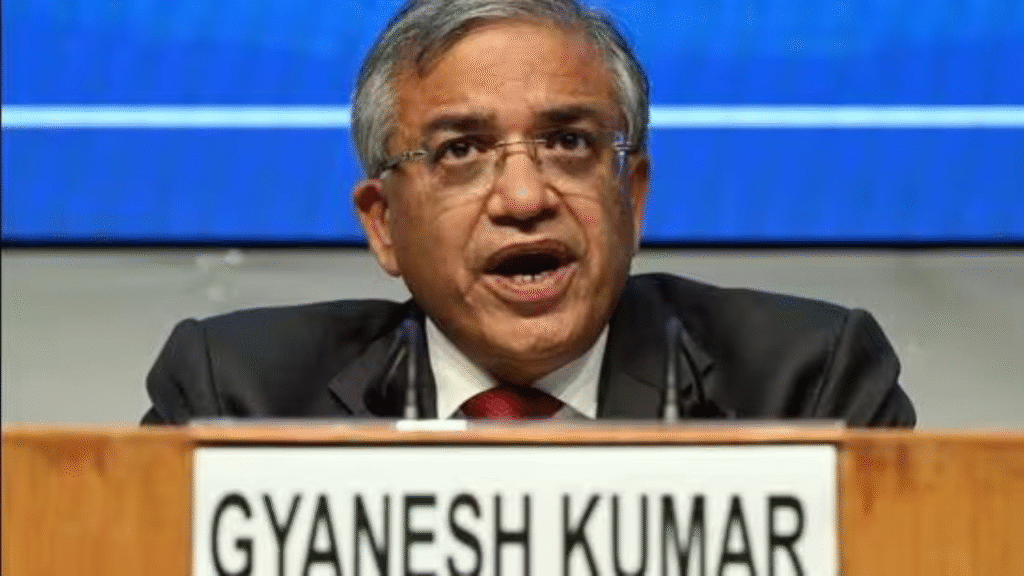
Bihar Electoral Roll Controversy
The confrontation centers on the controversial Special Intensive Revision of Bihar’s electoral rolls, which has generated significant political controversy. The state-wide revision, conducted for the first time in two decades, resulted in the exclusion of approximately 6.5 million names from the draft roll published on August 1.
Opposition leaders have particularly criticized the classification of 2.2 million deletions as “deaths” occurring within just six months, raising questions about the revision’s methodology and timeline.
Kumar defended the process, clarifying that the deaths represented unreported cases accumulated over twenty years rather than recent fatalities. “A Special Intensive Revision was last conducted 20 years ago. Since then, only summary revisions have taken place. The deaths were those unreported to the EC in the last 20 years, not in six months.”
Addressing Technical Concerns
The Election Commission chief addressed several technical issues that have drawn criticism during the revision process. Regarding voters listed under “house number 0,” Kumar characterized this as an inclusionary measure designed to ensure comprehensive coverage.
“There are people who stay under bridges, near lampposts, and in unauthorised colonies. The poll body tries to not leave out any voter and assigns them addresses,” he explained, noting that nationality, polling booth proximity, and minimum age requirements—rather than formal addresses—served as inclusion criteria.
Duplicate Voter ID Resolution
Kumar acknowledged the sensitive issue of duplicate Elector Photo Identity Cards, particularly following the Election Commission’s notice to RJD leader Tejashwi Yadav for allegedly possessing two voter IDs. This development occurred despite the Commission’s May declaration that the voter database had been cleaned of dual EPIC issues.
The CEC outlined two categories of duplicate EPICs: identical numbers assigned to different individuals across states, and multiple registrations for the same person in different locations. He reported that approximately 300,000 cases of the first type had been identified and corrected earlier in the year.
However, Kumar conceded the risks associated with rapid cleanup processes, acknowledging that hasty deletions could result in erroneous removal of legitimate voters. “If this is done in a hurry, then any voter’s name can be deleted wrongly. Someone else’s name will be deleted in your place.”
Opposition Response and Complaints
The Chief Election Commissioner accused opposition parties of deliberately spreading confusion despite their booth-level agents having received and verified corrected rolls during the initial SIR phase. He suggested this indicated either poor communication between local and national leadership or intentional voter manipulation.
Kumar maintained that the Commission had received 28,370 complaints from ordinary citizens rather than political parties, contradicting claims by RJD leader Tejashwi Yadav about hundreds of ignored objections from booth-level agents.
The CEC set a firm deadline for all 12 recognized parties in Bihar to file objections by September 1, after which no additional complaints would be entertained.
Supreme Court Compliance
The Election Commission demonstrated rapid response to recent Supreme Court directives, creating district-level portals within 56 hours to publish searchable deletion lists with explanations. The Court had also ordered acceptance of Aadhaar cards as valid proof for voter reinstatement, reversing the Commission’s earlier position.
Kumar emphasized that voters could now check their deletion status online through the newly created portals, enhancing transparency in the revision process.
Privacy and Citizenship Verification
Addressing broader concerns about data privacy, Kumar reiterated the Commission’s position on machine-readable voter rolls, citing a 2019 Supreme Court ruling that such lists would compromise voter privacy. He distinguished between searchable and machine-readable formats, explaining that the former allows individual lookups while protecting bulk data access.
The CEC criticized opposition leaders for publicly exposing voters’ personal information, questioning whether such practices violated privacy rights. “They showed electors’ details in public. They are breaching their privacy,” he stated, directly referencing Gandhi’s release of voter documents.
On citizenship verification authority, Kumar asserted that Article 326 clearly establishes voting as a citizen’s right, placing citizenship verification within the Election Commission’s jurisdictional powers. This position represents a departure from previous Supreme Court observations that such verification falls under the Union home ministry’s purview.
Institutional Defense
Kumar concluded with a robust defense of the Election Commission’s neutrality and effectiveness, emphasizing institutional fearlessness in executing constitutional duties. He declared that the Commission would continue ensuring non-discriminatory treatment regardless of class or religious affiliation.
“When more than seven crore voters of Bihar are standing with the Election Commission, then neither can any question mark be raised on the credibility of the Commission nor on the credibility of the voters,” Kumar stated, positioning public support as validation of the institution’s integrity.
The confrontation reflects broader tensions between the ruling establishment and opposition parties over electoral integrity, with both sides claiming to defend democratic principles while advancing competing political narratives.

